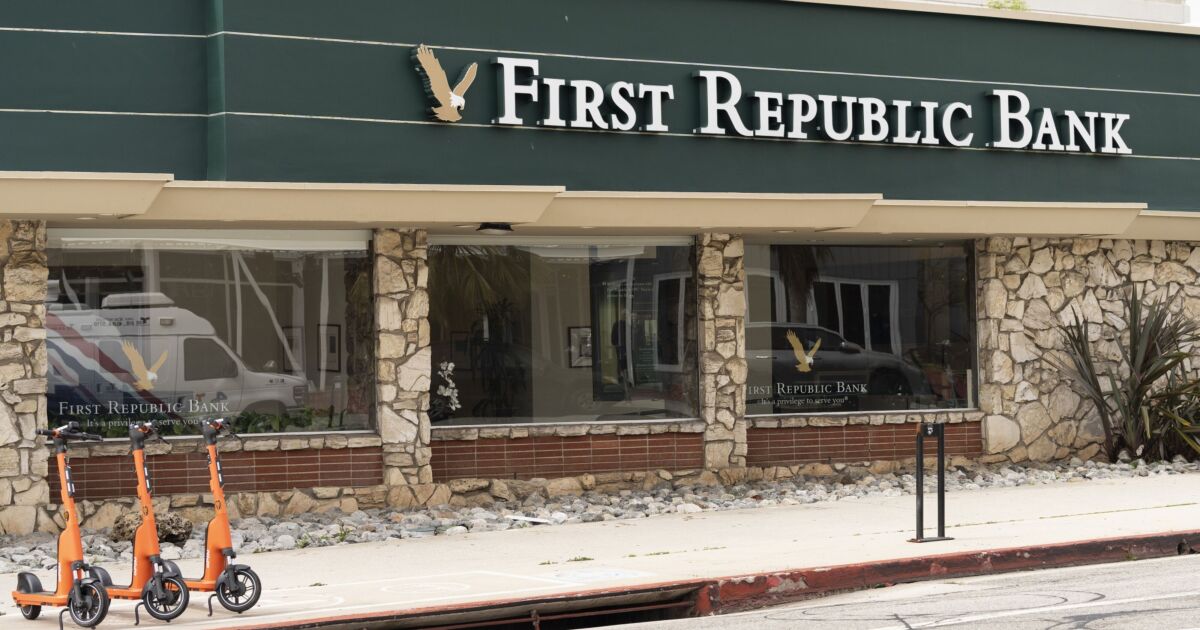
JPMorgan Chase has closed 14 former First Republic Bank branches in California, completing its initial plans to trim the failed bank's branch network after taking over in May.
The offices were closed last week, according to the Office of the Comptroller of the Currency's weekly bulletin of bank branch closings and openings. Half of the locations were in San Francisco County. The remaining ones were spread across six other counties in California.
Earlier this year, JPMorgan said that it planned to close 21 First Republic branches by the end of the year. All of those closures have now been completed, according to a source familiar with the matter.
The shutdowns represent one-quarter of the 84 branches that First Republic operated on April 30, when it was closed by the California Department of Financial Protection and Innovation and placed into receivership with the Federal Deposit Insurance Corp.
The next day, JPMorgan, which is the largest U.S. bank by asset size, acquired all of First Republic's deposits and virtually all of its $229.1 billion of assets. The deal was struck one week after First Republic disclosed that it had lost $100 billion of deposits in the weeks following the abrupt failures of Silicon Valley Bank and Signature Bank in March.
JPMorgan has said that folding in First Republic gives it access to a mostly affluent client base, and allows it to expand its wealth management business. The deal is expected to add about $500 million in earnings every year, according to JPMorgan.
The 21 branches selected for closure had "relatively low transaction volumes and are generally within a short drive from another First Republic office," JPMorgan said in a statement earlier this year. The 63 remaining First Republic offices will be rebranded as Chase Bank branches.
But more branch closures are expected to follow.
Over time, the remaining First Republic branches will either stay open because they're in better locations than nearby Chase branches, or they will be closed due to their proximity to an existing Chase office, Jennifer Piepszak, co-CEO of consumer and community banking, said during JPMorgan's investor day in May. Some other branches may get converted into "private client centers," she said.
Shortly before First Republic was taken into receivership, the San Francisco-based bank had said that it planned to cut as much as 25% of its workforce due to an extreme squeeze on profitability. Then in May, JPMorgan notified 1,000 First Republic workers that they would not be offered employment following the acquisition.
First Republic was the second largest bank to fail in U.S. history, based on assets. It was one of several regional banks that drew intense scrutiny after the failures of SVB on March 10 and Signature on March 12. Both banks experienced massive deposit runs.
In mid-March, JPMorgan and 10 other big banks pledged $30 billion of deposits to try to stabilize First Republic's balance sheet after the exodus of deposits. Despite the infusion, deposits continued to exit the company. By the end of April, there were few options left to save it.



